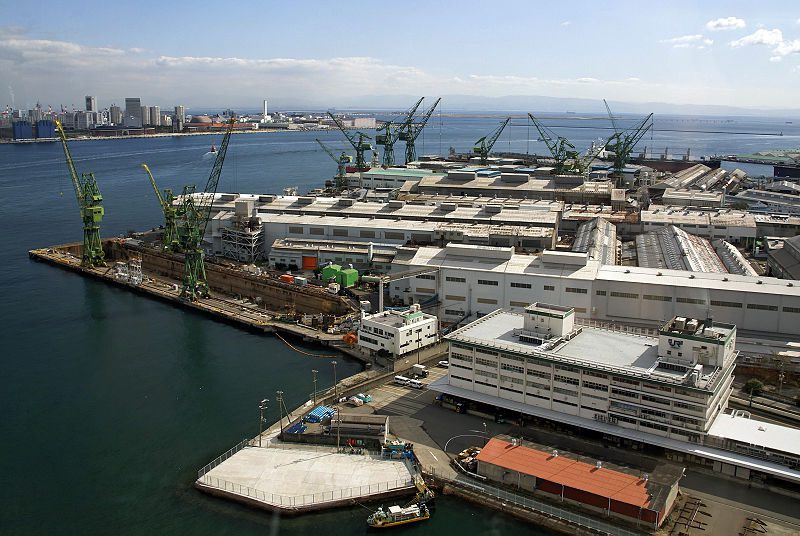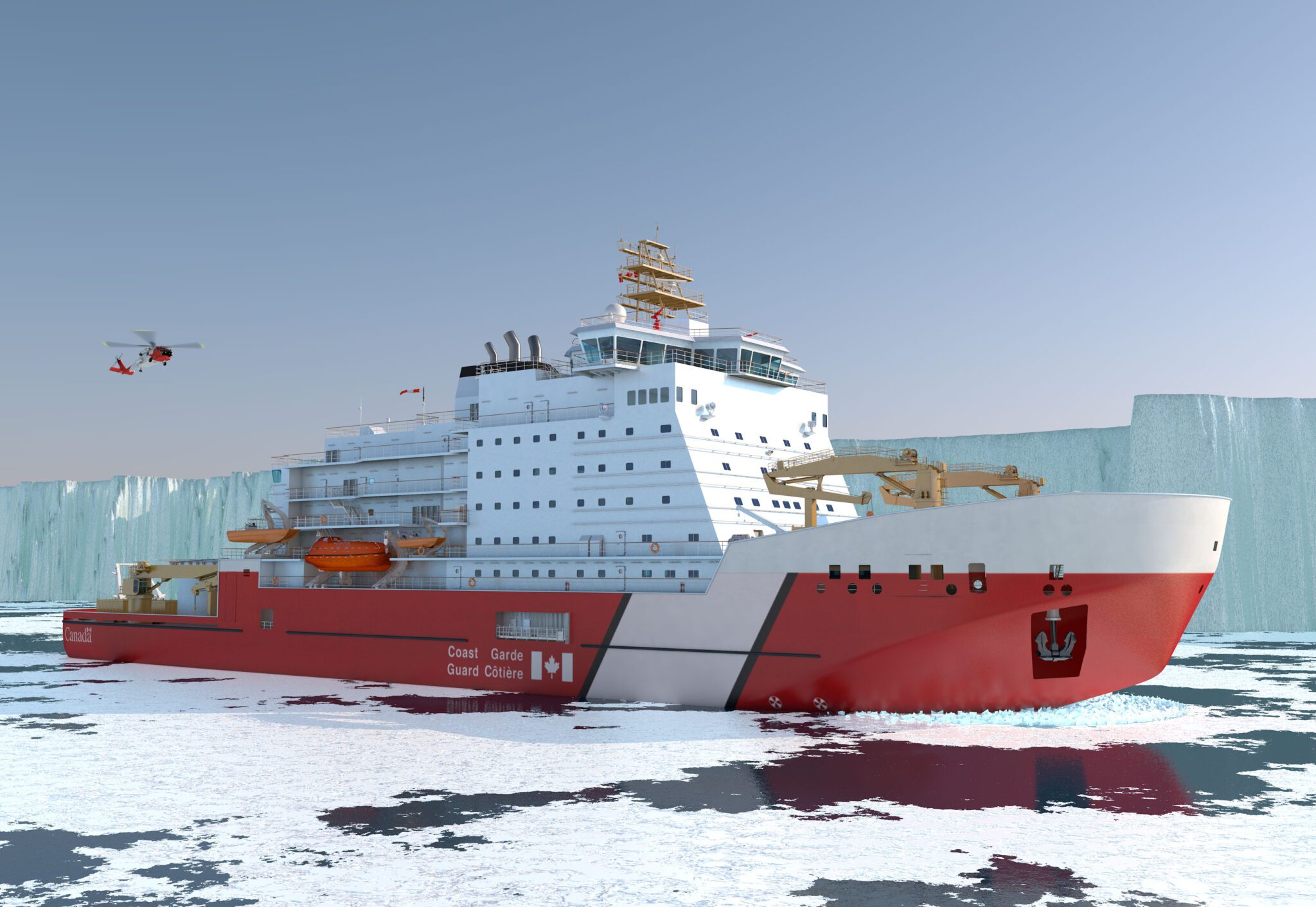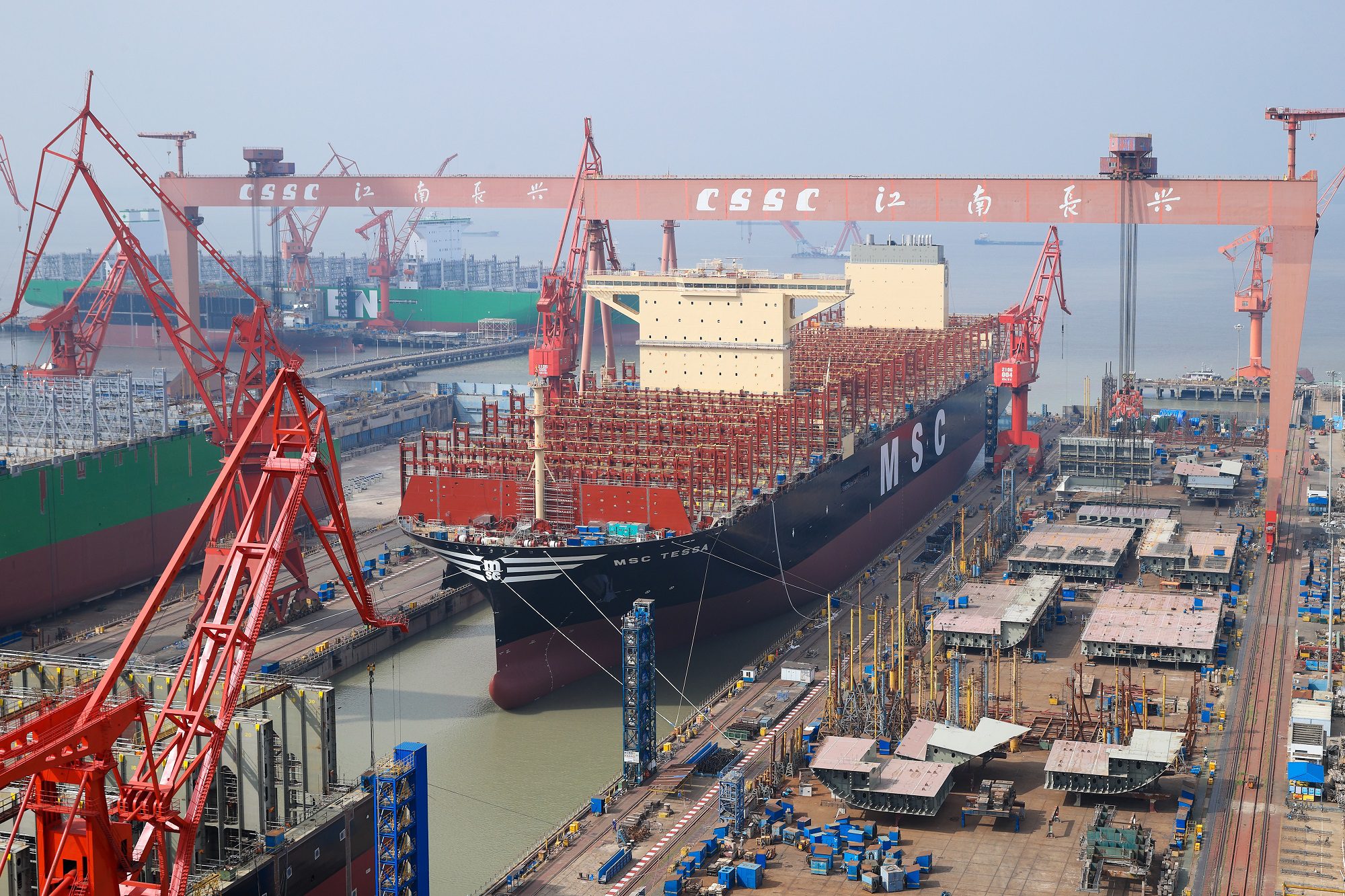Kawasaki Shipbuilding Kobe Shipyard & Machinery Works
By Masumi Suga and Yuriy Humber
June 14 (Bloomberg) — Kawasaki Heavy Industries Ltd., Japan’s second-biggest maker of heavy equipment, fired Satoshi Hasegawa as president and said it ended talks to merge with Mitsui Engineering & Shipbuilding Co., two months after denying the two companies had entered discussions to combine.
The Tokyo Stock Exchange said today it asked Kawasaki Heavy to explain why it revised its April 22 filing, which had said reports of merger talks weren’t true. The company yesterday appointed Shigeru Murayama, head of its aerospace business, as the replacement for Hasegawa.
The conflict over and collapse of the merger talks hampers government efforts to reduce the number of Japanese shipbuilders to better compete with lower-cost rivals from China and South Korea. While the breakdown of merger talks between Kawasaki Heavy and Mitsui Engineering is “probably down to the individual assessments at each company,” the government will continue to push for consolidation across industries as a way to boost Japan’s competitiveness abroad, Economy Minister Akira Amari said in Tokyo today.
Hasegawa’s removal from the top executive’s post follows internal disputes over the way the proposed merger with Mitsui Engineering was handled, Murayama told reporters in Tokyo yesterday. The merger talks were led by Hasegawa, Senior Executive Vice President Mitsutoshi Takao and Senior Vice President Masahiko Hirohata, Murayama said. All three were demoted to director level and will quit after a shareholder meeting on June 26.
“False Statements”
“We felt distrust in the manner in which they were pushing forward with the merger,” Murayama said. “We had to make a tough decision.” He said the three executives had “made false statements” on the merger talks.
Calls to the office of Hasegawa, president since June 2009, last night went unanswered. A spokesman for Kawasaki Heavy declined to connect calls to his office today.
Kawasaki Heavy’s directors disagreed over the potential synergies to be created by the proposed merger, Murayama said. The deal would have created a company with combined revenue of 1.9 trillion yen ($20 billion), narrowing the gap with Japan’s top maker of heavy machinery, Mitsubishi Heavy Industries Ltd.
In a statement to reporters yesterday, Kawasaki Heavy said it asked the TSE to change its April 22 filing, which had read: “There is no truth” to reports of a merger with Mitsui Engineering, to: “There are negotiations, but nothing has been decided.” The Nikkei newspaper first reported the two were considering a combination.
Merger Option
Mitsui Engineering said today in a statement filed to the TSE that a merger with Kawasaki Heavy had been considered. The company had also said on April 22 that there was no truth to reports of merger talks.
“In the future, a merger is one option to consider given that there are too many companies in this industry,” Kawasaki’s Takao told reporters in Tokyo on April 25. He said the company hadn’t entered into talks with Mitsui Engineering and that a merger wasn’t discussed at the company’s board meeting earlier in the day.
Kawasaki Heavy closed up 4.3 percent to 319 yen in Tokyo after rising as much as 8.8 percent earlier. Mitsui Engineering fell 5.5 percent to 137 yen.
“The market saw this potential merger as a bailout of Mitsui Engineering,” Toru Nakahashi, an analyst at JPMorgan Securities Co. in Tokyo, said. The decision not to go ahead is positive for Kawasaki Heavy, which should prioritize shipbuilding outside of Japan and not add to domestic capacity, he said.
Ninja Bikes
Kawasaki Heavy has focused its shipbuilding business on joint ventures with China Ocean Shipping Group, or Cosco, which produce vessels in Asia’s biggest economy. The maritime unit accounted for 8.3 percent of the company’s 42.1 billion yen in operating profit last year, data compiled by Bloomberg show.
The shipbuilding business brought in half of Mitsui Engineering’s operating income of 31.4 billion yen last year, the data show. The Tokyo-based company makes its ships in Japan.
Kawasaki Heavy, the maker of Ninja motorbikes, earns most of its profit from airplane parts and helicopters, gas turbines and other equipment for power plants and precision machinery.
Incoming president Murayama is likely to have a more “objective” view of the company’s condition and potential, Bank of America Merrill Lynch analyst Takahiro Mori said in a report to clients yesterday. “We expect an unprecedented level of restructuring.”
Earnings Improvement
Mori said he expects Kawasaki Heavy to post an earnings improvement to 24.5 yen a share in the fiscal year ending March 31, 2014, from 18.5 yen last year. The company hasn’t matched the 21.1 yen a share it earned in 2008, according to data compiled by Bloomberg, and made a loss in 2010.
Heavy-industry companies involved in shipbuilding should team up with domestic competitors and consolidate into three groups to boost scale, Hidenori Imade, director of the shipbuilding unit at Japan’s Maritime Bureau, said May 10, without identifying any potential combination.
“As an analyst, I should say that Japan’s shipmaking industry needs to accelerate its consolidation,” JPMorgan’s Nakahashi said. “The reality is, however, it will take some time.”
Copyright 2013 Bloomberg.

 Join The Club
Join The Club











